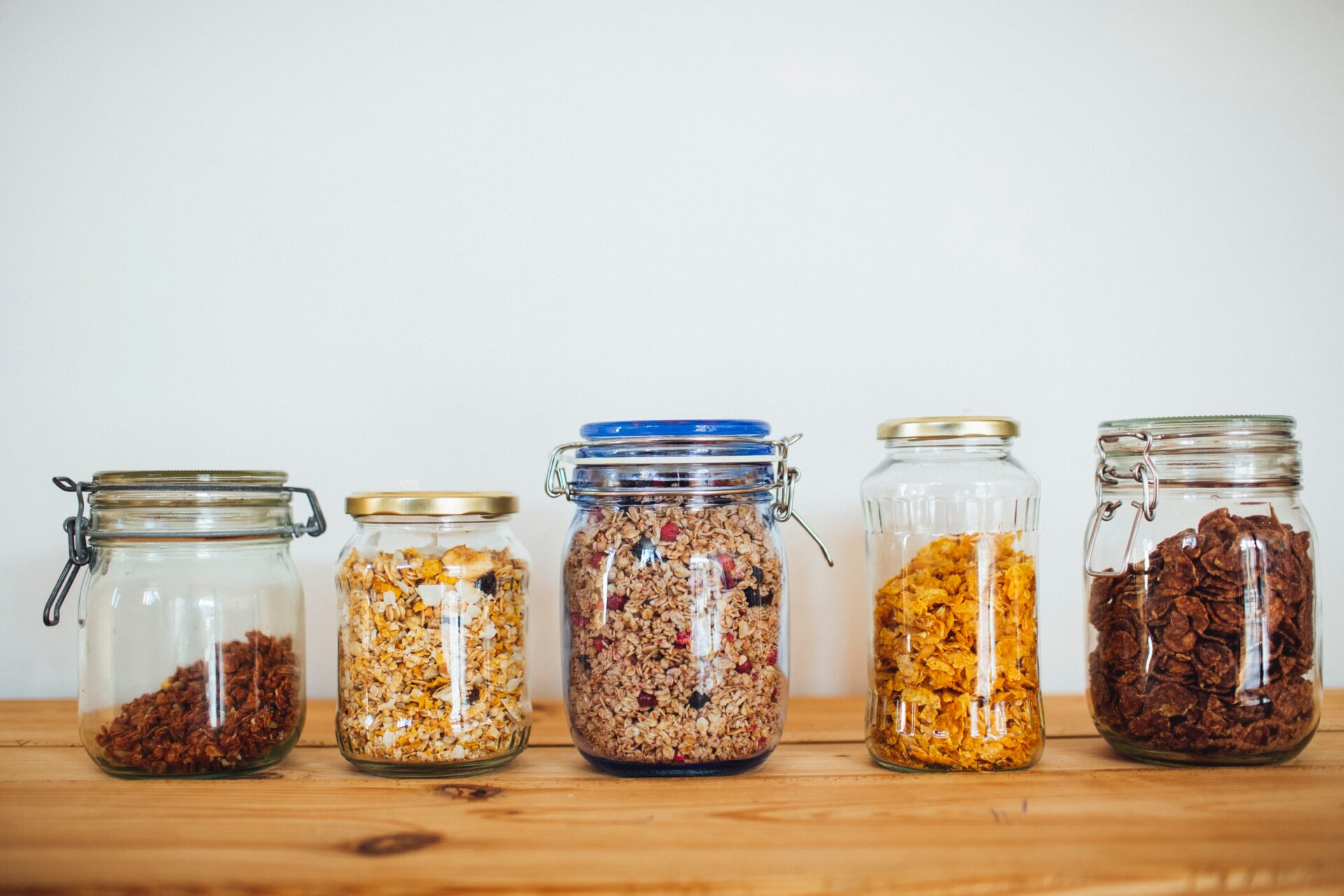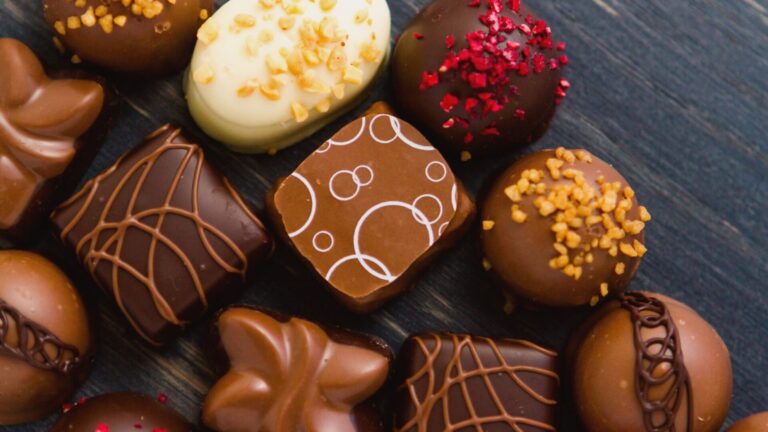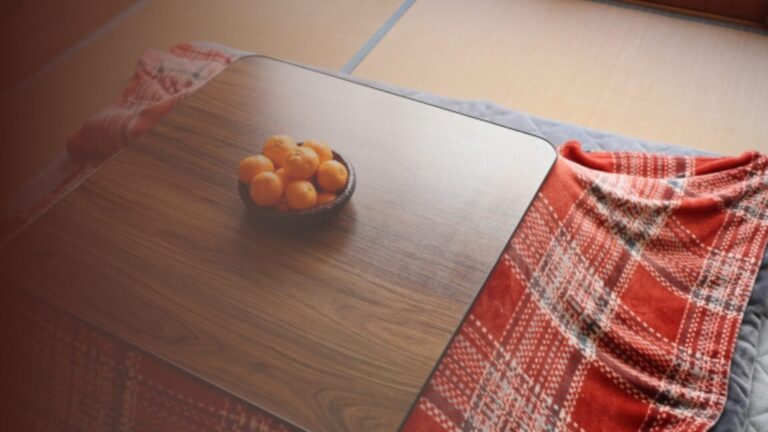Tired of plastic containers cluttering your kitchen? Japan offers exceptional sustainable food storage options that protect both your food and the environment. This guide explores eco-friendly alternatives perfect for sustainable living in Japan, whether you’re visiting or calling it home.
Why Choose Sustainable Food Storage
Environmental Impact
Plastic containers take 400+ years to decompose and contribute to ocean pollution. Japan’s commitment to sustainability makes eco-friendly storage a natural choice. Glass, stainless steel, and enamel containers are reusable and fully recyclable—reducing your environmental footprint with every meal.
Better Food Quality
Say goodbye to curry stains and lingering odors. Sustainable materials like glass and stainless steel don’t absorb colors or smells, keeping your food fresh and containers clean. Your meals taste better without plastic chemicals or odors interfering.
Long-Term Savings
While eco-friendly containers cost more upfront, they last for years. Unlike plastic that cracks and stains, quality glass and metal containers are lifetime investments. Less frequent replacements mean more money in your pocket.
Best Options for Different Lifestyles
For Cooking Enthusiasts: Enamel
Love experimenting in the kitchen? Enamel containers handle acidic foods and marinades safely. Many work on stovetops, letting you cook and store in the same container. Japanese enamel craftsmanship ensures quality that lasts decades.
For Meal Preppers: Glass
Batch cooking on weekends? Glass containers let you see contents instantly—no more mystery meals in the fridge. Heat-resistant options work in microwaves and ovens, making reheating effortless. Choose stackable designs to maximize refrigerator space.
For Active Lifestyles: Stainless Steel or Silicone
Always on the go? Stainless steel won’t break if dropped and keeps food at proper temperatures. Silicone containers are lightweight and flexible, perfect for travel. Both materials resist bacteria and handle temperature extremes.
Top Japanese Eco Storage Brands
Glass Containers
Hario Heat-Resistant Glass Storage Containers
Key Features:
- Microwave and oven safe
- Space-saving nesting design
- Made in Japan for quality assurance
Hario combines Japanese precision with practical design. These containers handle cooking, storage, and serving seamlessly. See-through glass helps prevent food waste, while domestic production supports local craftsmanship.
WECK Canisters
Key Features:
- 50-70% recycled glass construction
- Airtight seal preserves freshness
- Over 100 years of German engineering
WECK’s timeless design fits any kitchen. Available in multiple sizes for everything from spices to bulk ingredients. Their recycled glass content makes them an environmentally responsible choice.
Okawa Glass Industry Handled Bottles
Key Features:
- Large 1500ml capacity
- Convenient carrying handle
- Trusted since 1976
Perfect for fermenting, brewing, or bulk storage. The generous size handles family-sized portions, while the sturdy handle makes transport easy.
mana. ORGANIC LIVING Bamboo and Heat-Resistant Glass Square Containers
Key Features:
- Sustainable bamboo lids
- Microwave and oven compatible
- Supports environmental charities through “1% for the Planet”
These containers combine Japanese glass-making with sustainable bamboo. Clear glass prevents forgotten food waste, while bamboo lids add natural beauty to your kitchen.
Enamel Containers
Noda Enamel Storage Containers
Key Features:
- Hand-finished by Japanese artisans
- Chemical-free, food-safe materials
- Replaceable parts extend lifespan
Japan’s only integrated enamel producer creates containers that last generations. Artisan finishing ensures each piece meets the highest quality standards. Replaceable lids mean lifelong use.
Fuji Enamel Storage Containers
Key Features:
- Japanese Enamel Industry Association certified
- Stain and odor resistant
- Iron-glass composite for durability
Fuji Enamel combines traditional craftsmanship with modern food safety standards. These containers preserve food flavor while resisting wear from daily use.
Stainless Steel Containers
mana. ORGANIC LIVING Stainless Steel Storage Containers
Key Features:
- Food-grade 18/8 stainless steel
- 4-piece nesting set (100ml-680ml)
- Environmental charity partnership
This complete set handles all storage needs from snacks to meal prep. Food-grade steel ensures safety, while nesting design saves cabinet space.
Shimoyama Stainless Steel Storage Containers
Key Features:
- Minimalist Japanese design
- Superior durability
- Cost-effective long-term solution
Simple beauty meets practical function. Shimoyama’s containers complement any kitchen aesthetic while providing reliable food storage.
Kobo Aizawa Stainless Steel Storage Containers
Key Features:
- 100+ years of metalworking expertise
- Traditional Tsubame City craftsmanship
- Timeless design for lifelong use
Experience Japan’s legendary metalworking tradition. Founded in 1921, Kobo Aizawa creates containers that become family heirlooms.
Silicone Containers
Stasher Bowl Type
Key Features:
- 100% pure platinum silicone
- Freezer to oven temperature range
- Replaces disposable bags
This plastic-free option eliminates single-use storage bags. From freezing leftovers to reheating meals, Stasher handles it all.
Zip Top Dish M Self-Standing Type
Key Features:
- No-lid design for easy access
- Stable self-standing base
- Platinum silicone construction
The innovative lidless design simplifies storage and cleaning. Self-standing stability makes filling and emptying effortless.
Care Tips for Long-Lasting Containers
Enamel Care
Avoid temperature shock—let hot containers cool before washing. Use gentle dish soap and soft sponges only. Dry immediately and thoroughly to prevent rust. Address small chips quickly to extend lifespan.
Glass Care
Handle gently and avoid sudden temperature changes. Don’t pour hot liquids into cold glass. Place padding between stacked containers. Oil wooden lids occasionally to prevent cracking.
Stainless Steel Care
Wash immediately after use to prevent staining. Dry completely to avoid rust spots. Use baking soda for stubborn stains. Never leave wet containers sitting.
Universal tip: Gradual temperature changes, gentle handling, and thorough drying keep all eco-friendly containers in excellent condition for years.
Conclusion
Switching to sustainable food storage transforms both your kitchen and environmental impact. Japanese craftsmanship offers world-class eco-friendly options that preserve food quality while reducing waste.
Choose enamel for cooking versatility, glass for meal prep visibility, or stainless steel for durability. Each material offers unique benefits that enhance your sustainable living journey in Japan.
Start small with one container type that fits your lifestyle. Experience the difference quality materials make in food freshness and kitchen organization. Your sustainable choice today creates a better tomorrow.
Ready to upgrade your kitchen sustainably? Discover Japan’s finest eco-friendly food storage solutions that combine traditional craftsmanship with modern sustainability needs.

















